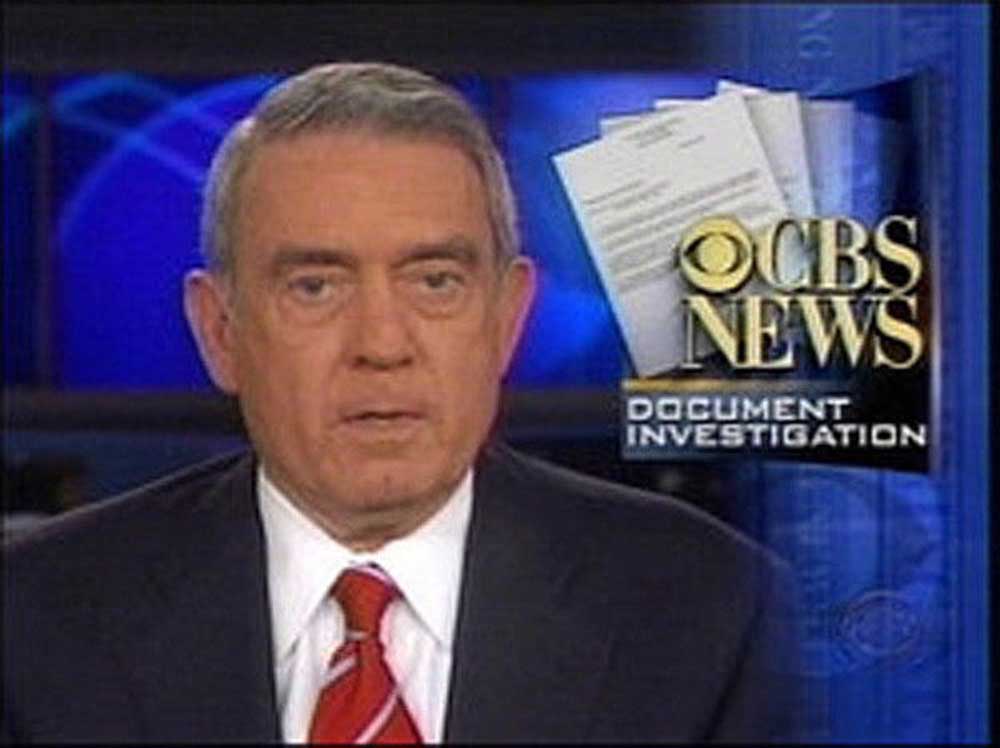Lessons to learn from ‘Rathergate’
Published 11:18 pm Sunday, September 7, 2014
It was 10 years ago this month CBS News’ “Rathergate” scandal broke. News anchor Dan Rather and his producers aired a story slamming President George W. Bush, based on obviously forged documents — two months before Bush’s re-election.
Now we learn that Hollywood is producing a movie about the scandal, from the perspective of one of those producers.
Trending
The lesson from the scandal we should never forget is that journalists must always hold themselves to the highest of standards. CBS’s and Rather’s fallback position, that the documents were “fake but accurate,” is unacceptable.
According to the Hollywood Reporter, the movie will feature “Robert Redford as the iconic news anchor and Cate Blanchett as Mary Mapes, Rather’s producer.”
“Based on Mapes’ 2005 memoir ‘Truth and Duty: The Press, the President, and the Privilege of Power,’ ‘Truth’ centers on the on the firestorm and ensuing ‘Rathergate’ scandal that erupted in September of 2004 after Rather reported that George W. Bush had received special treatment while serving in the Air National Guard during the Vietnam War, a report that was based on some documents that were suspected to be forgeries.”
Those documents were supposedly written by Texas Air National Guard Lt. Col. Jerry Killian, Bush’s commanding officer. But Killian was deceased and his widow and son said they didn’t think he wrote those.
CBS defended its report, initially claiming that the documents had been authenticated by experts before the story aired (they weren’t).
When those documents were shown to be faked (composed on a computer, not a the kind of typewriter available in 1973), CBS at least partially backed down. Rather and Mapes never did.
Trending
“If I knew then what I know now, I would not have gone ahead with the story as it was aired, and I certainly would not have used the documents in question,” Rather said in a statement.
But he has never acknowledged that the story was untrue. To this day, he contends the story was factual even if the documents (the whole basis for the story) were fakes.
“I think the public, even decent people who may be well-disposed toward President Bush, understand that powerful and extremely well-financed forces are concentrating on questions about the documents because they can’t deny the fundamental truth of the story,” he said in 2004. “If you can’t deny the information, then attack and seek to destroy the credibility of the messenger, the bearer of the information. And in this case, it’s change the subject from the truth of the information to the truth of the documents.
That’s the thing. There is no “truth of the information” if the source of the information — the documents — is untrue. Rather can’t have it both ways.
At his best, he would never have let a politician get away with a dodge like that.
Rathergate ended the veteran newsman’s career. That was a sad but justified outcome. We in the media have a duty to you, the public, to maintain the highest possible standards.
We should remember Rathergate as a time when those standards weren’t met.




